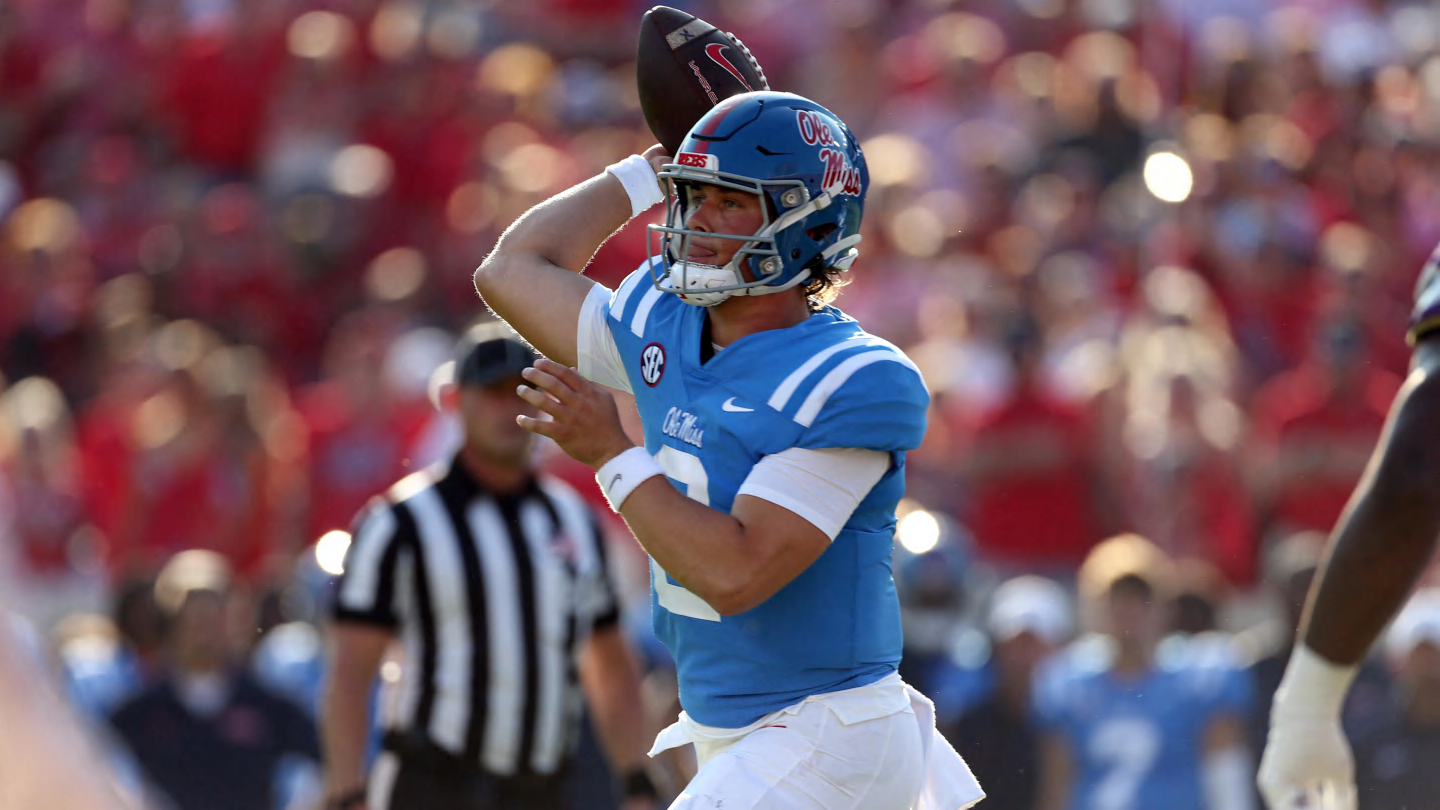History will be made this season when college football expands its playoff format to 12 teams, greatly opening the potential path to the national championship. The five highest-ranked conference champions, plus seven at-large teams added to the Selection Committee’s rankings, will compete across December and January for the title for the first time ever.
The top four teams will get a first-round bye, something of an advantage on the competition, but other schools could build an edge by playing themselves into a rhythm as the postseason moves on. Some teams will benefit more than others when the College Football Playoff expands this postseason. Here’s our ranking for the 10 schools that will get the most out of it.
Missing out on the College Football Playoff the last three years, Clemson’s chances obviously improve drastically with the expansion of the field. But it still needs to be in ACC contention every year to get a shot at the bye.
If the playoff expanded two years ago, Tulane would have made it for sure, and even after losing head coach Willie Fritz, the Green Wave are in prime position to take the Group of Five’s spot in the rankings. And a good showing in the playoff could put the school on the map if a future conference realignment takes place.
Jamey Chadwell led the Flames to an undefeated league record in their first year in CUSA and a Fiesta Bowl bid. Playing in arguably the weakest FBS conference and boasting a dynamic offense with quarterback Kaidon Salter returning, Liberty should have the edge in the G5’s race to the playoff.
A winnable schedule, coming off an 11-win season, and returning most of their offensive core, the Tigers have a chance to make history this season. This is a veteran team but needs to find depth on a defense that lost key secondary personnel to the NFL, but scored notable transfer gains.
The most infamous decision in College Football Playoff history saw the undefeated, ACC champion Seminoles get snubbed a year ago. But having eight more spots to compete for should preclude that from happening again. A transfer-rich roster includes DJ Uiagalelei at quarterback behind a good line with help at WR and RB, and a promising nucleus on defense.
Coming off the school’s first-ever 11-win season, Lane Kiffin struck more gold in the transfer portal: on defense, rushers Princely Umanmielen and Walter Nolen; on offense, receiver Juice Wells and tailback Henry Parrish to help returning quarterback Jaxson Dart and wideout Tre Harris. No SEC title is required for the Rebs to get a crack at the expanded playoff.
The return of quarterback Cameron Rising and tight end Brant Kuithe, combined with transfer wide receiver Dorian Singer, and a more open expanded Big 12 title race puts the Utes directly in contention for the CFP. Eight starters return on defense, but the loss of Jonah Elliss and his dozen sacks from a year ago hurts.
Tennessee’s improvements the last two years under coach Josh Heupel still haven’t been enough to compete for the SEC title, and the expanded playoff is a boost for any team in that position. Big Orange should move offensively with Nico Iamaleava under center surrounded by good blocking and elite skill talent, and the Vols have a solid-looking pass rush, too.
Playing third-fiddle to OSU and Michigan in the Big Ten the last few years, the Nittany Lions should welcome an expanded playoff. Provided, of course, they don’t lose more than two or three games in the Big Ten every year. Returning offensive skill is key, as are blue-chip defensive prospects coming back from last season’s elite unit.
College football’s historic independent will gain and lose something by not being in a conference. The big gain? It won’t have to win a league title to get consideration in the rankings. The big loss? It will never have a bye in the playoff and has a longer road to a potential national title. A bargain the Irish were willing to make to stay free.
–
More college football from SI: Top 25 Rankings | Schedule | Teams

